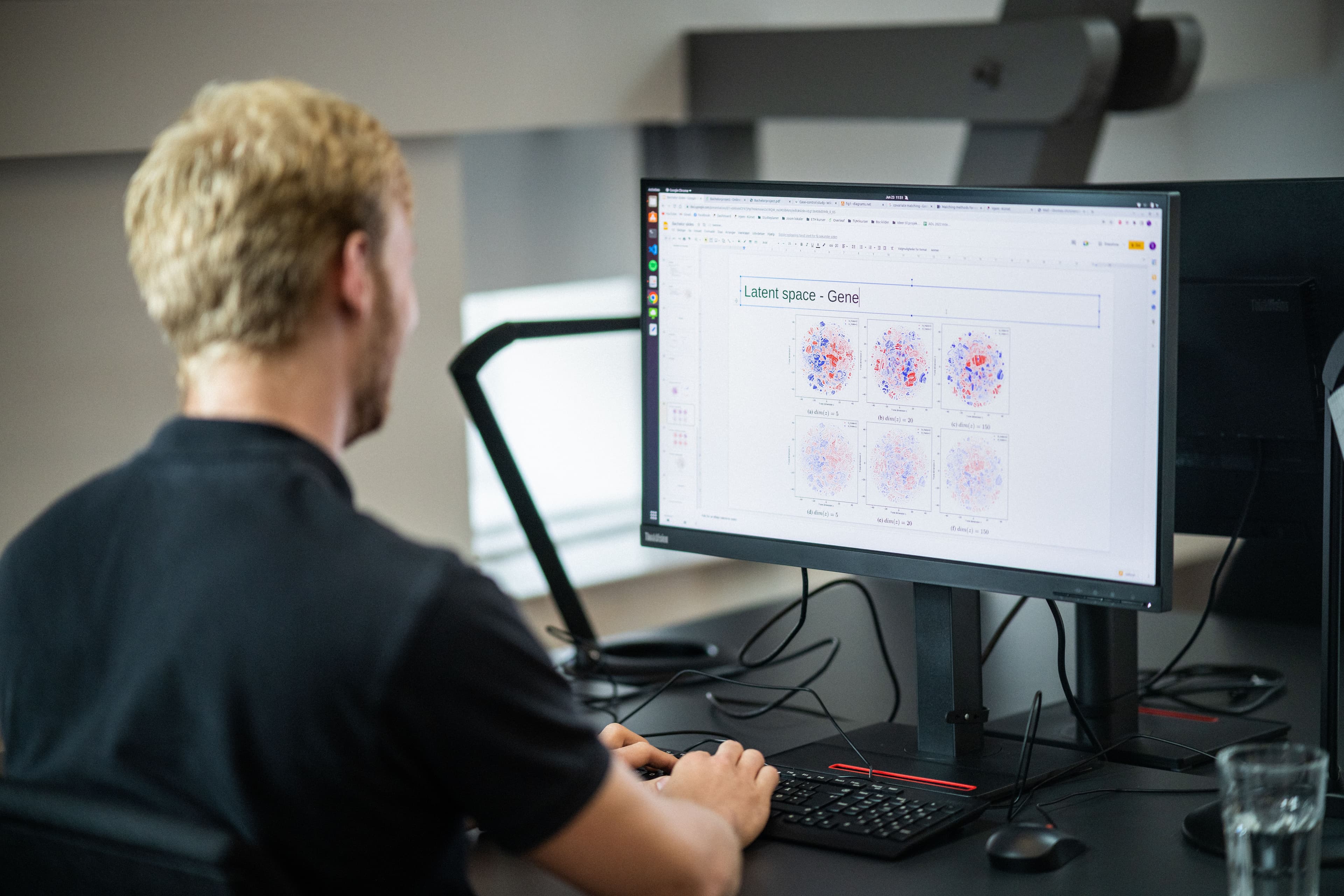PhD Fellowships

Pioneer Centre for AI’s faculty regularly post PhD positions working directly on P1 projects and on other projects at their home universities.
PhD students at the Pioneer Centre for AI have extraordinary access to computing resources, international researchers across many disciplines within computer sciences and other academic areas, as well as courses and events at the centre, and meaningful collaboration with industry, the public sector, and the start-up ecosystem.
While Master’s degrees are considered study, PhD studies in Denmark are offered via full-time, 12-month, paid positions. You can read more about the Master’s and PhD study in Denmark here>>.
To apply for a PhD position, follow the instructions in the “job advertisement”. Jobs will be listed here>>.
Bring your own funding
The Danish Advanced Research Academy offers fully-funded PhD stipends, including full salary, tuition, and travel and equipment support, 2 times per year. Students are to propose a project and apply for funding, working with a Danish-based faculty supervisor at the supervisor’s university.
- Deadlines: Each year, there will be a deadline around August for a Spring start date and another deadline around February for a Fall start.
- Information and link to application: DARA
Pioneer Centre for AI-affiliated faculty* who are currently open to considering DARA applicants:
- Aasa Feragen
- Isabelle Augenstein
- Dan Witzner Hansen
- Serge Belongie
- Christian Hardmeier
- Stella Graßhof
- Theodora Kontogianni
- Søren Hauberg
- Amartya Sanyal
- Mostafa Mehdipour Ghazi
- Dim Papadopolous
- Desmond Elliot
- Aske Mottelson
- Vedran Sekara
- Jes Frellsen
- Anders Søgaard
- Rob van der Groot
- Rikke Gade
- Cumhur Erkut
- Kamal Nasrollahi
- Peter Gerstoft
- Kasper Hornbæk
- Ankit Kariryaa
- Ken Pfeuffer
*Contact directly with your project idea – permission to apply should be agreed upon no later than 1 month before the deadline.


